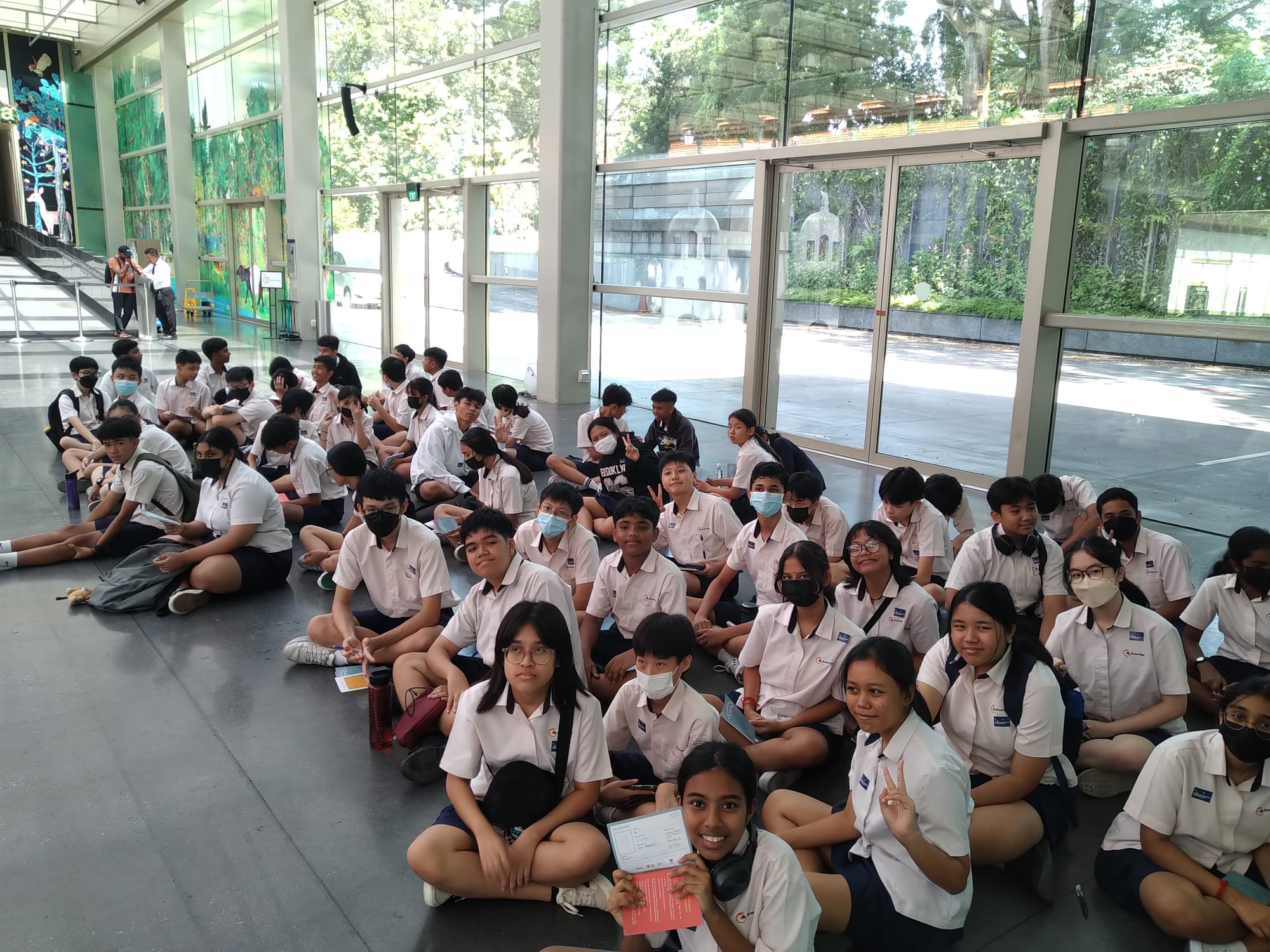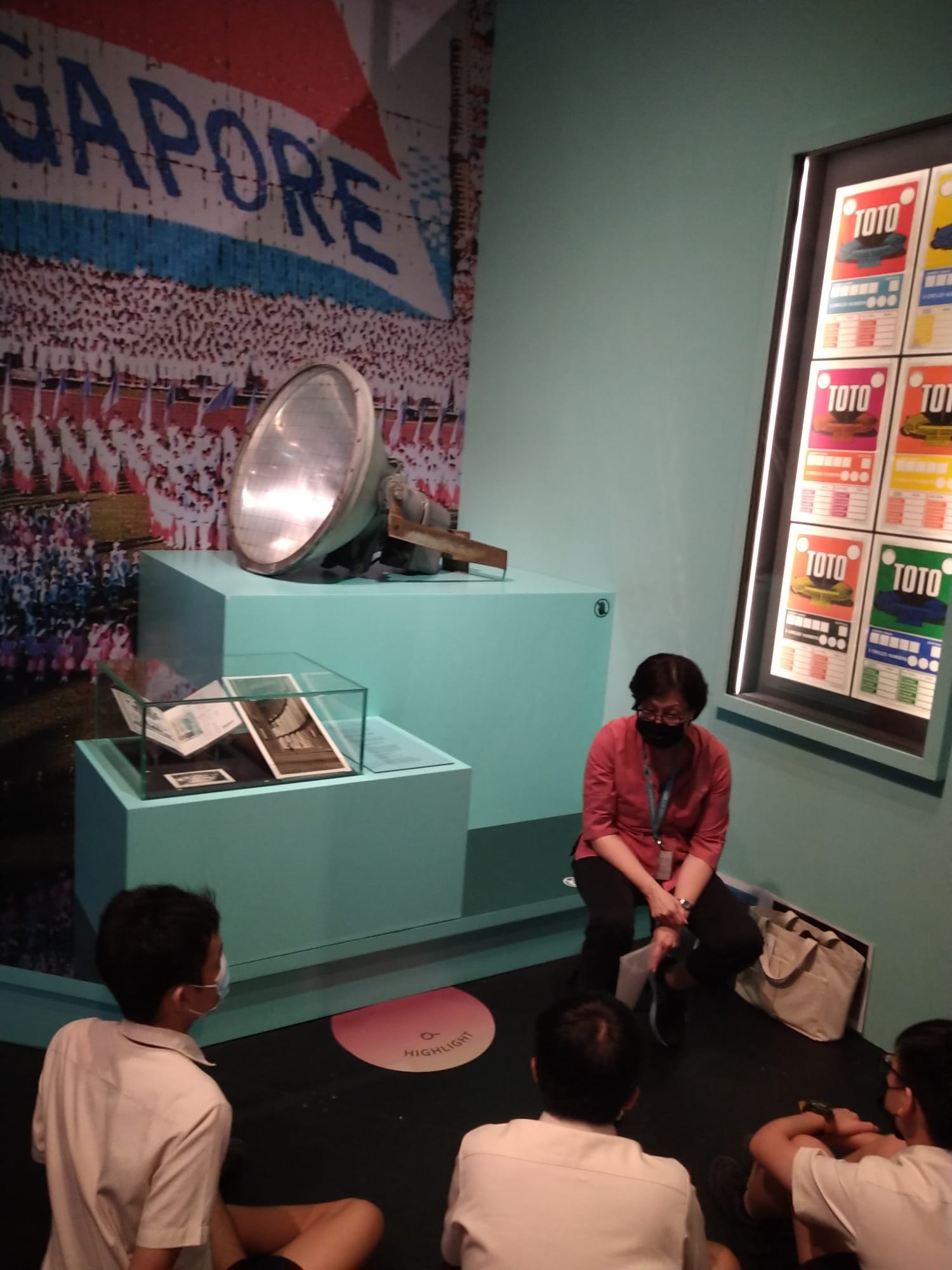Humanities
Humanities
OUR BELIEFS
The 21st century is characterized by constant change and evolution of the human and geographical landscape propelled by rapid changes to our social, economic and political contexts. To manage these challenges and maximise the available opportunities, every learner requires 21st century skills of communication, collaborative learning, critical and creative thinking skills.
As such, we aim to deliver a Humanities education for students to
-
discover and appreciate the complexities that define the human experience
-
apply their knowledge and skills to show care and concern for the society and world they live in and actively contribute towards a sustainable future
-
develop skills and dispositions to excel and embrace lifelong learning
HOW WE ENGAGE OUR STUDENTS
Through Inquiry-Based Learning and Socratic Questioning, the department strives to develop deep conceptual understanding through the exploration of various issues and topics in Geography, History and Social Studies.
The active use of technology to support Blended Learning allows students to engage in a range of learning activities within and beyond the classroom. These strategies enable teachers to be the facilitators of learning to guide students in becoming self-directed learners who can construct knowledge for themselves.
OUR STUDENTS & TEACHERS @ WORK
Learning beyond the classroom
Rich learning beyond the classroom takes the form of investigations and Learning Journeys as well as external competitions. They reinforce learning in classrooms and help students better retain their learning in the classrooms. Guided by inquiry, students’ learning is enhanced through these investigations as they collaborate to reach an informed conclusion about various issues by:
- gathering and analysing data
- drawing conclusions based on the data
- presenting their data and conclusions
- reflecting on their learning
- proposing actions in relation to the investigation issue
Geographical Investigations
Students ‘do’ Geography by using various instruments to investigate the environmental elements in various locations. Conducting investigations in the ‘field’ allows students to better visualise and understand the geographical concepts and processes learnt.
Historical Investigations
At the National Museum of Singapore, students investigate historical sources ranging from physical objects, documents and oral histories reflecting different perspectives of our past. Exploring the past helps us appreciate the present and understand our place in the future.
Enrichment and Competitions
Students participate in conferences and competitions such as the Model ASEAN Summit as well as the NUS Geography Challenge and History Challenge. Such platforms allow students to critically apply the knowledge and skills learnt in the Humanities classroom and connect with other Humanities students in Singapore to discuss meaningful societal issues.
Photo Highlights
- In history lessons, students explore many authentic historical sources to enhance their learning experience as well as deepen their understanding of the subject.
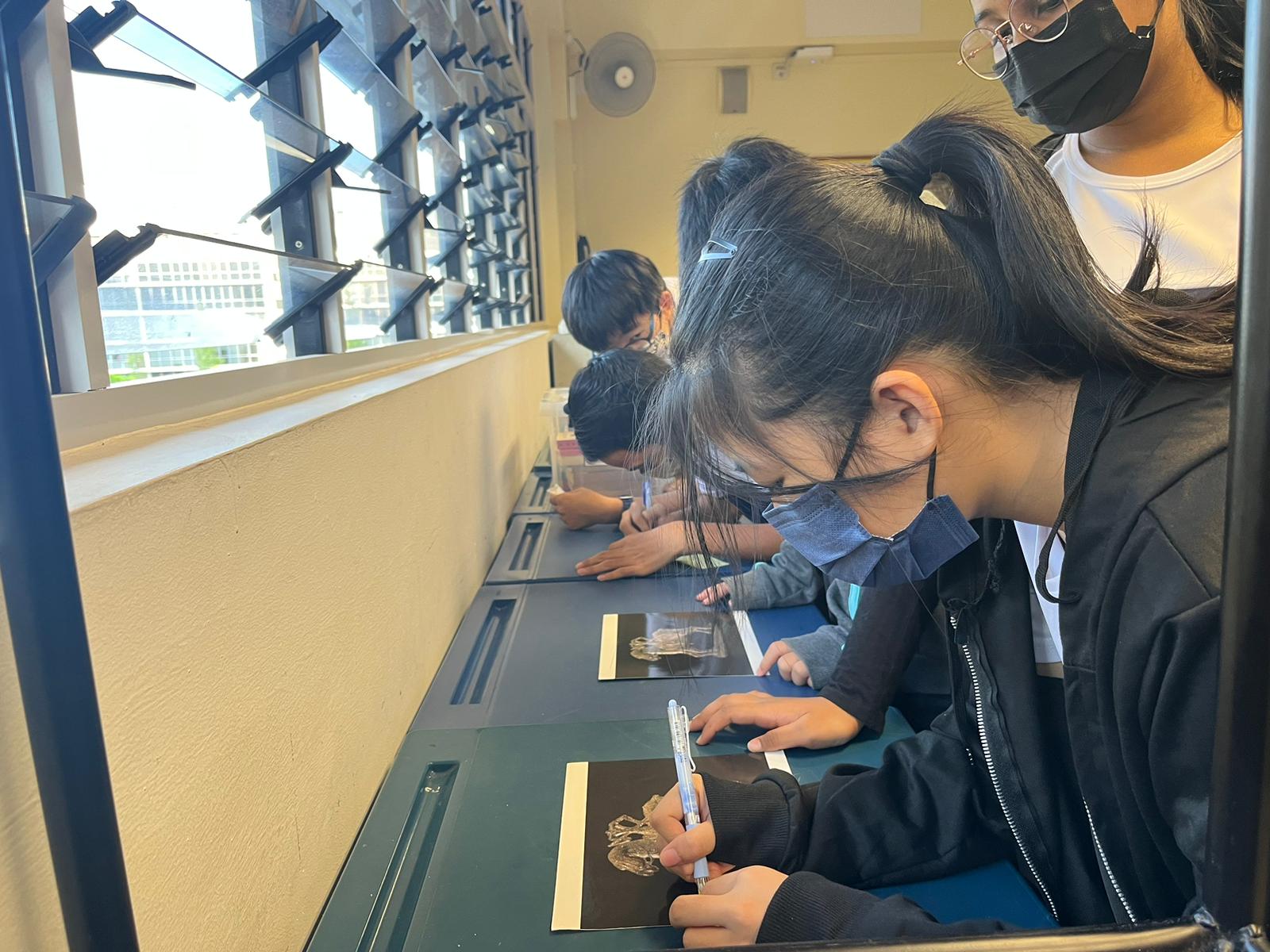
- Students get an opportunity to taste spices as well as smell them. This gives them an authentic experience of how spice traders in the early years would have honed their trade.
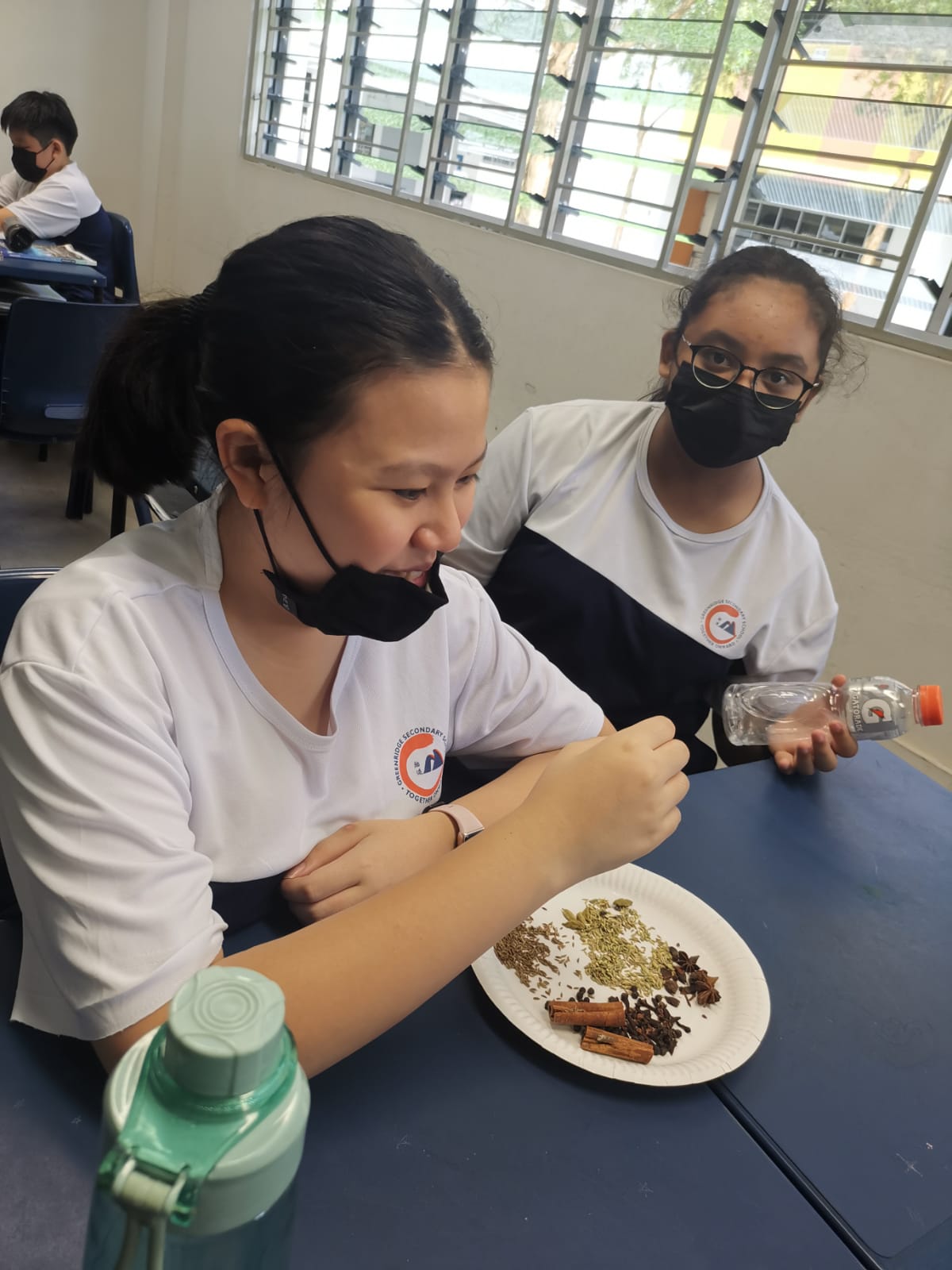
- In history we use gamification extensively. This is often in the form of game boards (some created in house) to enable students to understand historical decisions and even war strategies.
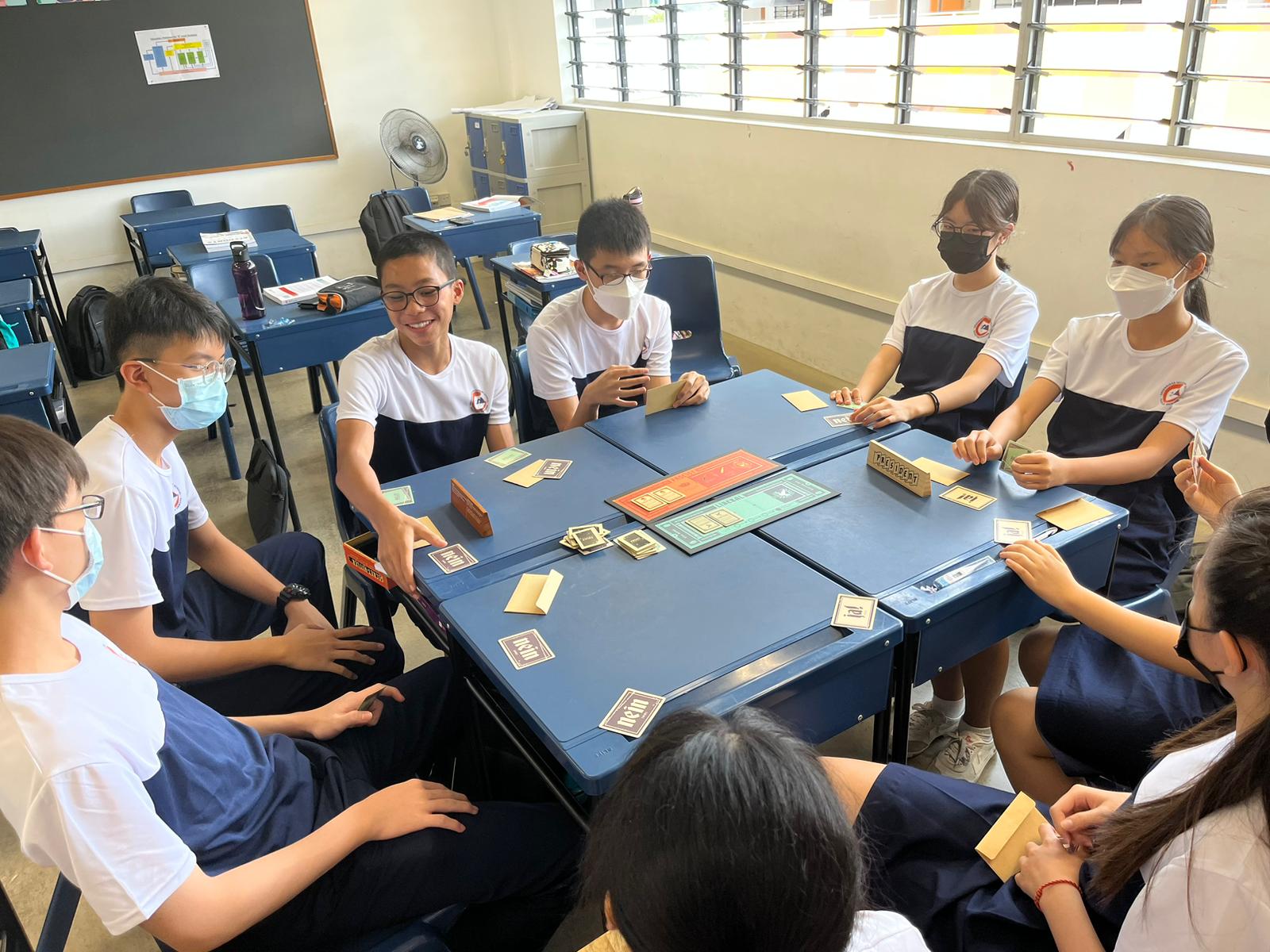
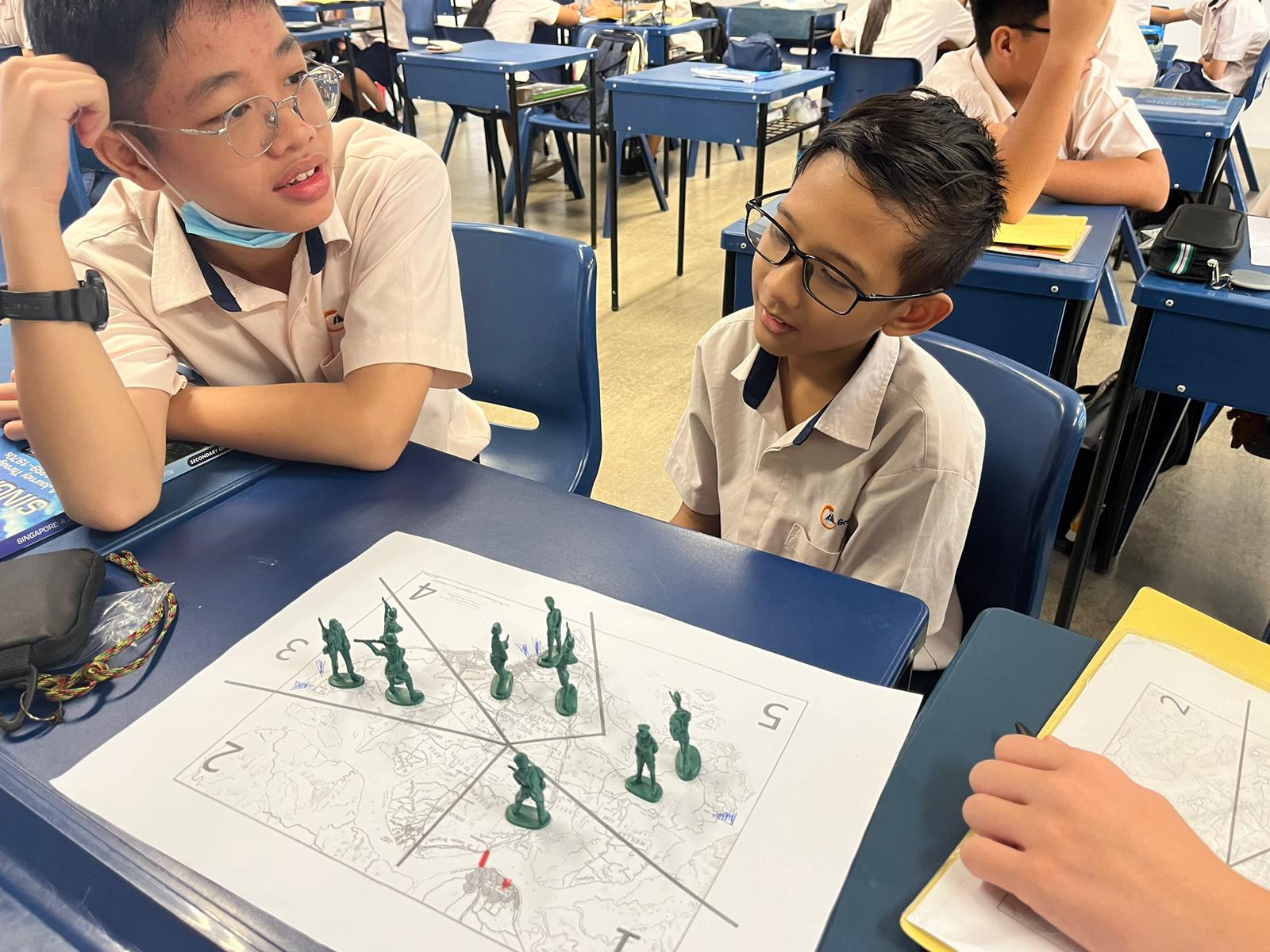
- While our students may be too young to vote, we give them an authentic voting experience in Secondary 2 when they study about Singapore’s road to independence. Students evaluate the different political parties in existence during this period and cast their vote for the party which would best solve the problems of early Singapore.
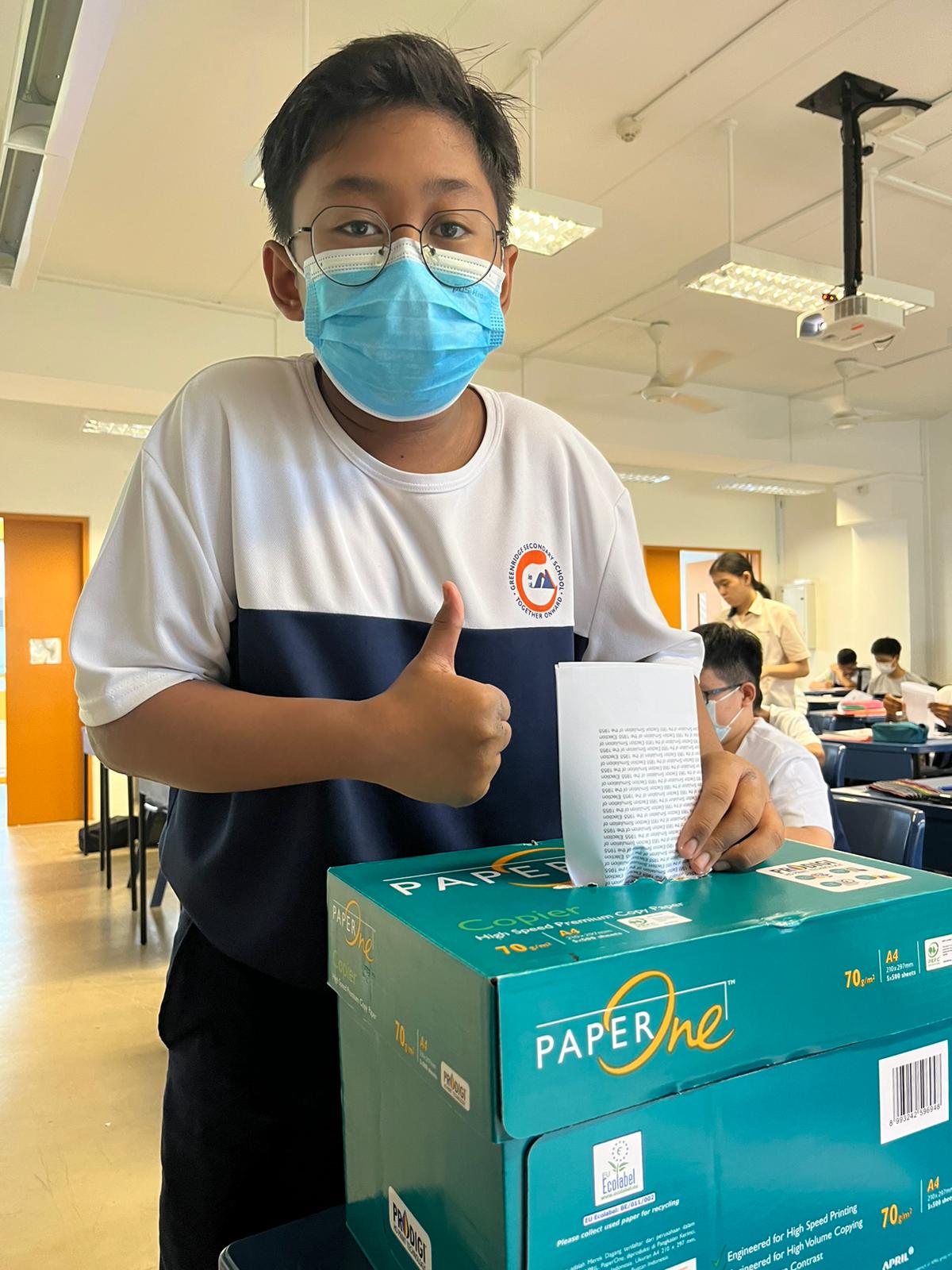
- We encourage student self-directedness in our Humanities classrooms. Students showcase their knowledge, big picture connections as well as artistic skills in note-taking in History.
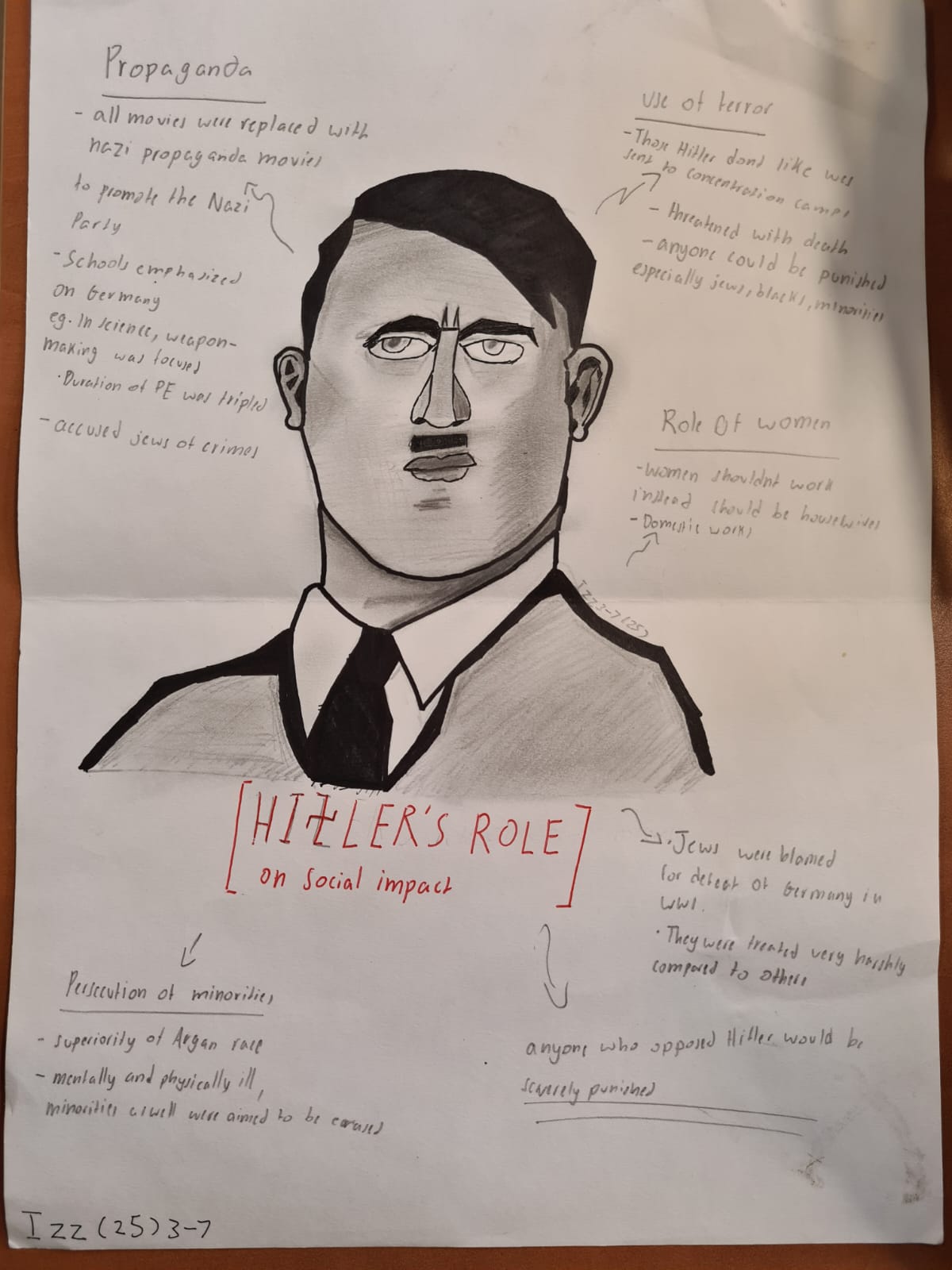
- In Social Studies curriculum, we encourage students to engage in contemporary issues discussions as well as self/ peer evaluation. This prompts them to develop into critical learners.
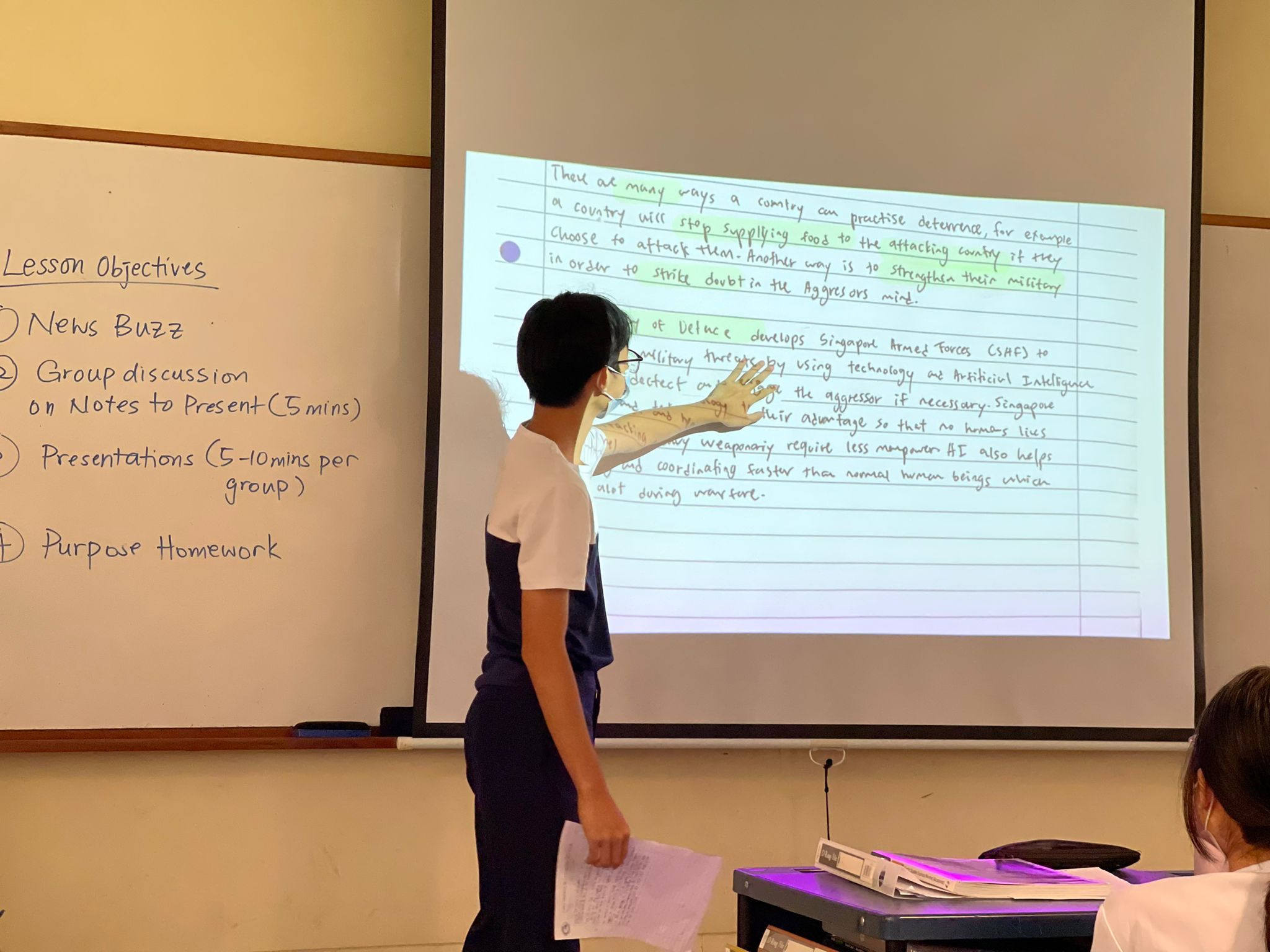
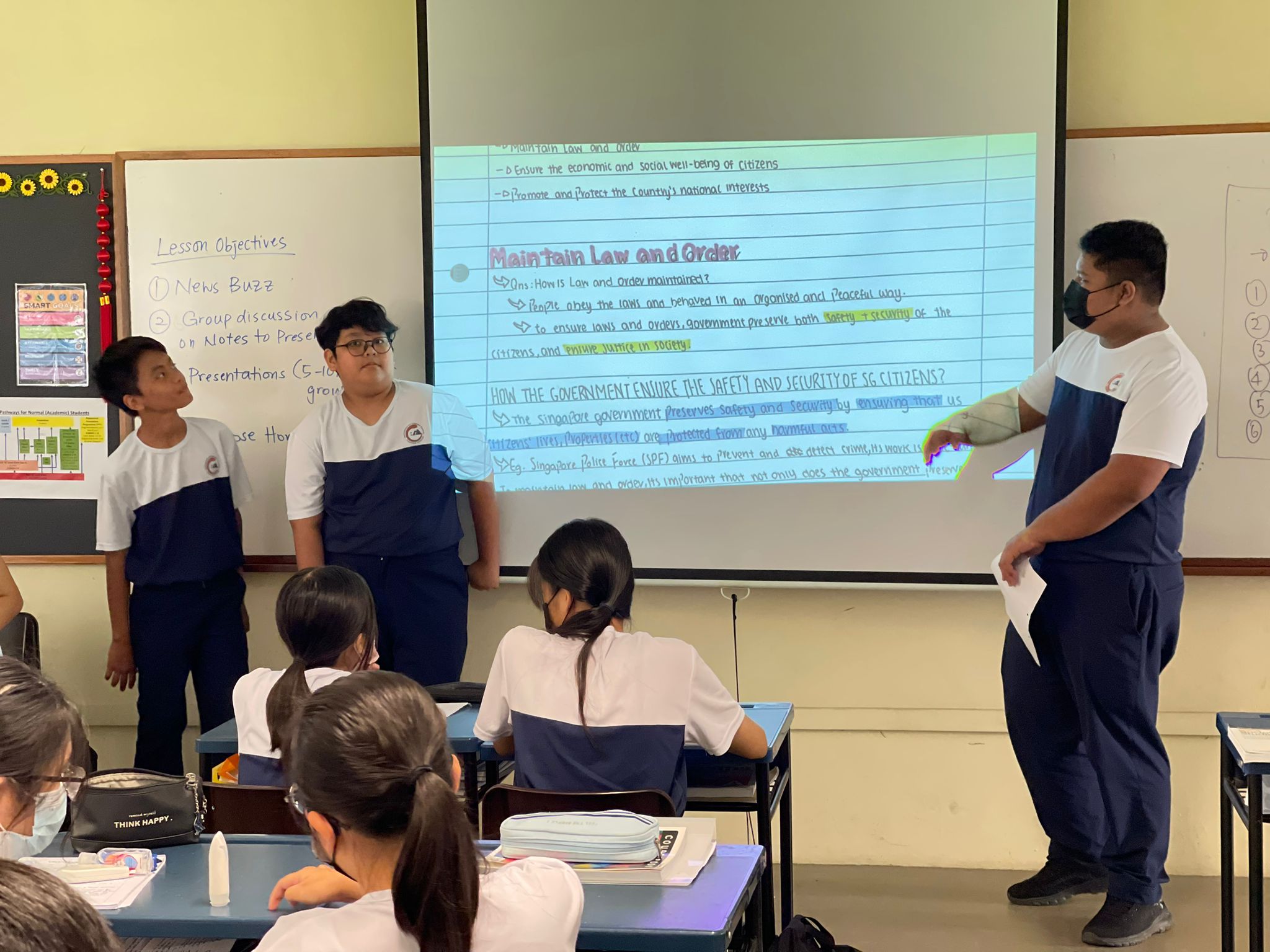
- As part of the History learning experience, students are engaged in various learning journeys; some of these are virtual while many are visits to physical sites in Singapore. There, they get to interact with museum docents to learn in depth about various concepts and content in history.
